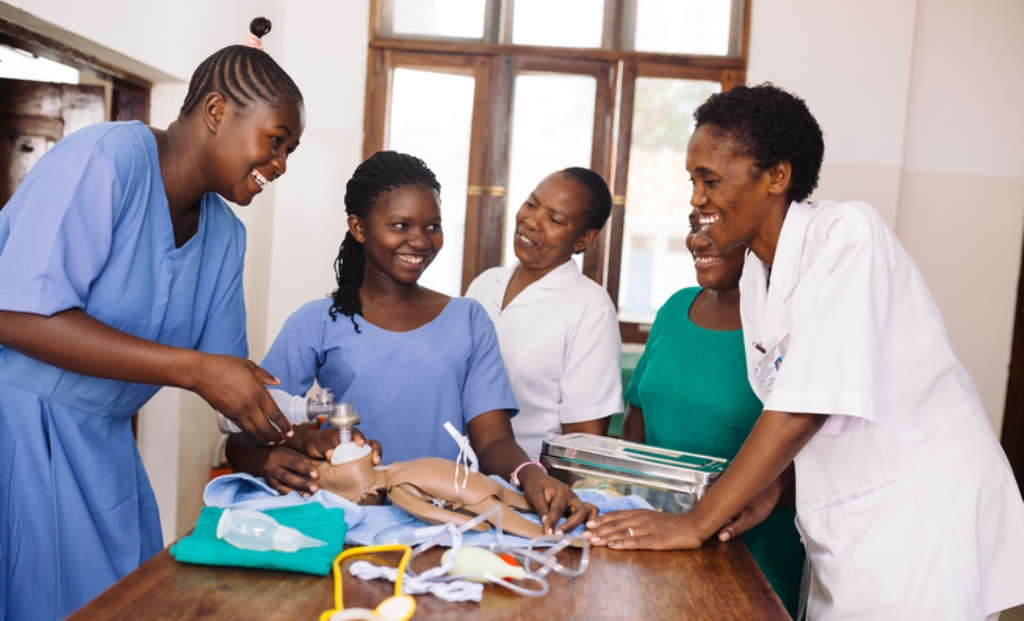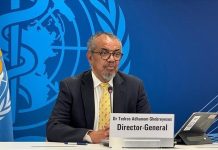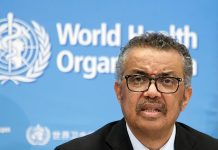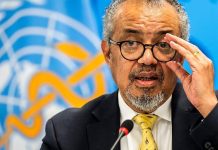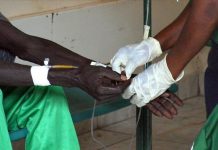Author: GLORIA TESHA
AfricaPress-Tanzania: THE World Health Organization (WHO) has commended the government for the strategic initiatives it is taking in improving health service provision to the public, including combating Non Communicable Diseases (NCDs).
WHO Resident Coordinator, Dr Fedjo Galbert offered the compliments on Saturday in Dar es Salaam during the climax of the Non-Communicable Diseases Week that kicked off on November 7, 2020.
According to the UN body’s 2018 statistics, Non-Communicable Diseases (NCDs) caused 41 million deaths across the world, which is equivalent to 71per cent of the total 57 million deaths that occurred.
Mid this week, Chief Medical Officer (CMO) Prof Abel Makubi said the 2017 statistics showed NCDs accounted for 33 per cent of all deaths in the country, of which a total of 134,600 deaths were related to the chronic diseases.
He said the deaths were mainly caused by blood pressure 13 per cent, diabetes 2 per cent, cancer 7 per cent and accidents 11 per cent.
Dr Galbert said WHO will continue to offer full cooperation to the government in its efforts to further improve health services by ensuring drugs are available. He said the UN organization will contribute funds towards the fight against diabetes and other NCDs.
“Congrats to Tanzania for the concrete strategies that focus on improving public health and combating NCDs. The WHO office in Tanzania in collaboration with WHO Africa and the headquarters in Geneva are together in the war against these public enemies,” Dr Galbert said.
According to him, until now, the WHO Tanzania office is working on improving services in all hospitals, saying they have supplied medicines and will continue ensuring availability of funds to be spent on controlling diabetes and other NCDs.
Representing the Permanent Secretary of the Ministry of Health, Prof Mabula Mchembe, the Director of Curative and Preventive Services, Dr Grace Maghembe said the ministry has continued to offer public education regarding NCDs at primary and secondary schools.
She said between 7th and14th November this year, the programme has reached 1,000 students in 50 primary schools and 50 secondary schools, of which 30 radio programmes were aired.
“Our lifestyle and the tendency of skipping physical exercises risks the health of many people, we need to have collaborative efforts in fighting this challenge,” she emphasized.
For his part, the Dar es Salaam Regional Commissioner, Mr Abubakar Kunenge who was the chief guest at the event said the government has been working together with health stakeholders to improve the sector.
“The aim is to reduce the increase of NCDs by 24 per cent within a period of two years,” said Mr Kunenge.
He referred to the report of the United Nation Development Programme (UNDP) released in 2013, showing that NCD’s also affect the economy of individuals and the country at large.
UNDP projected that by the year 2033, the cost of curing NCDs will hike to 47trl US dollars, money that could be spent on reducing poverty to 2.5billion people in a period of 50 years.
For middle and lower income countries, the diseases are said to cost 7 trl US dollars in a period between 2011 and 2015.
Due to that, Mr Kunenge challenged public and private institutions together with the general community to ensure that all development activities feature the item of controlling NCDs.


